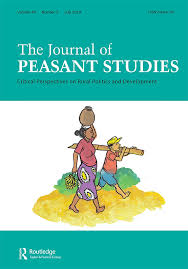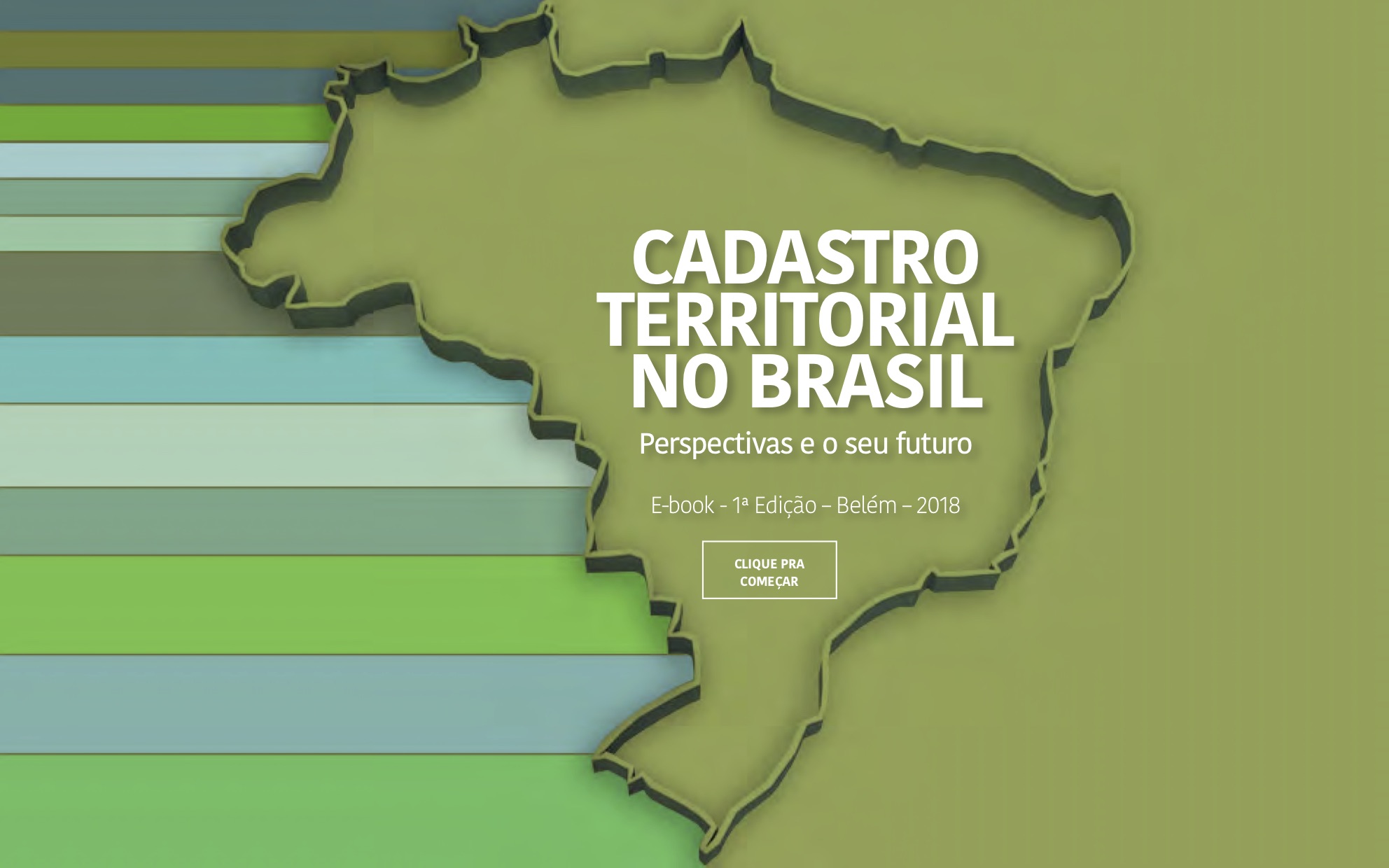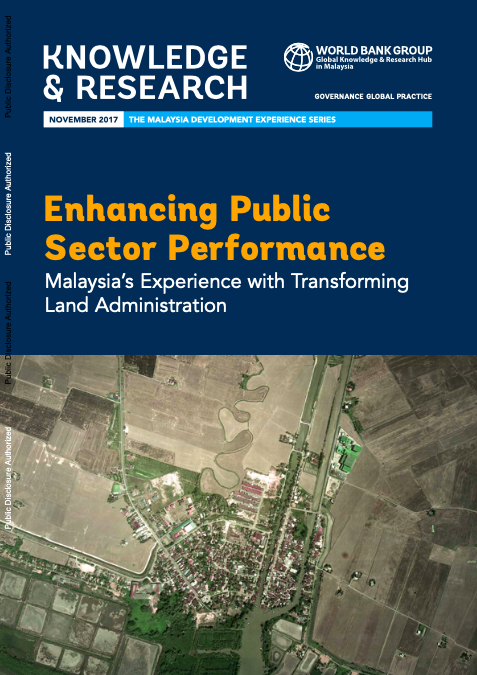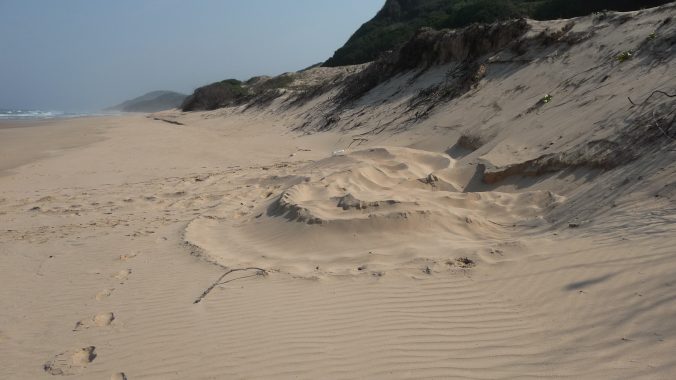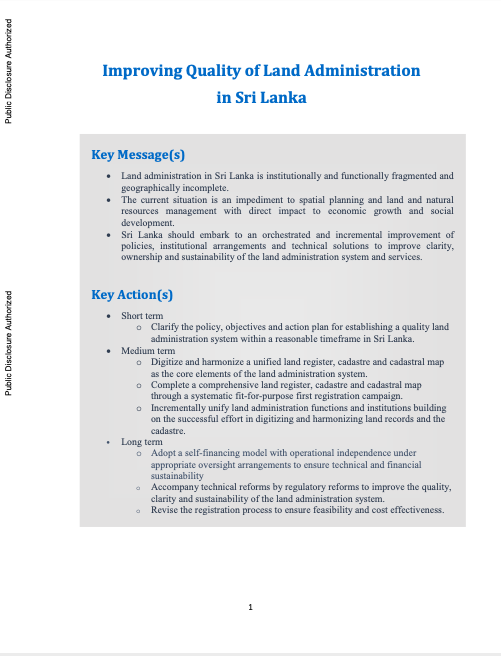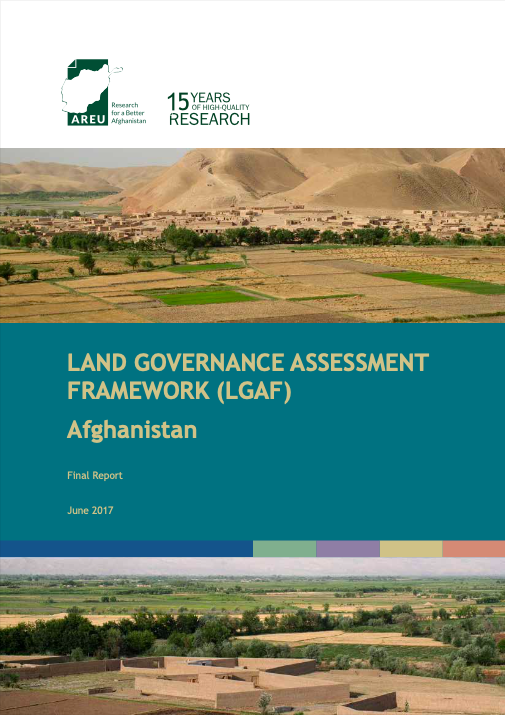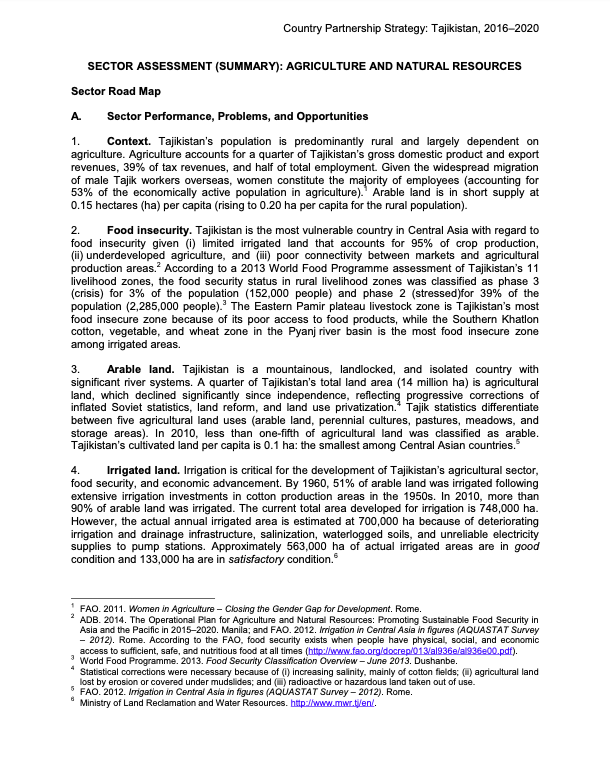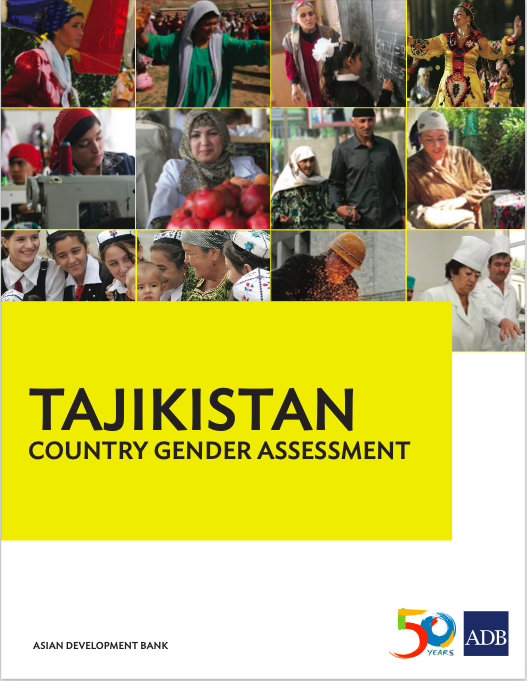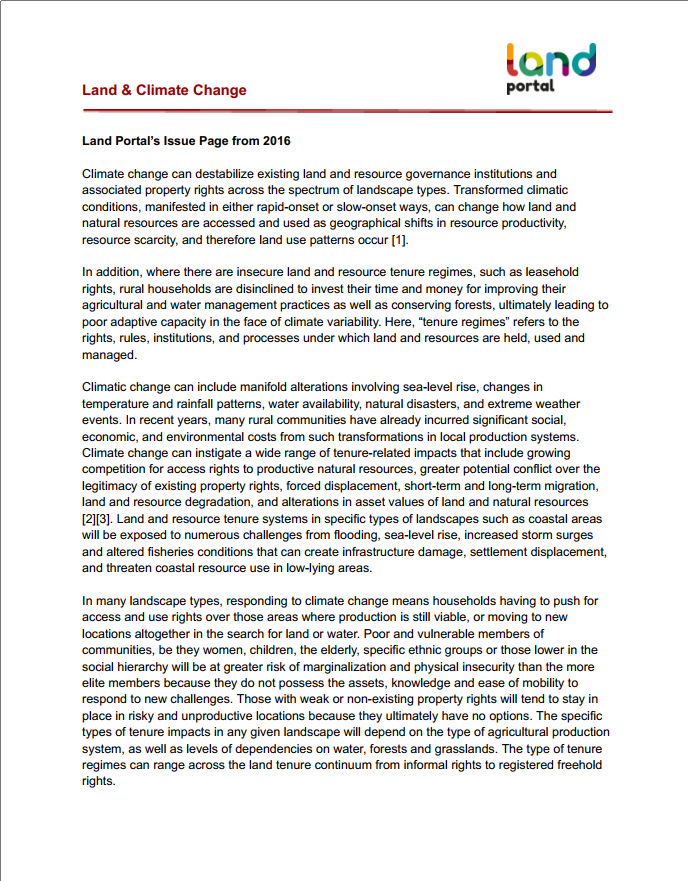‘Civilizing’ the pastoral frontier: land grabbing, dispossession and coercive agrarian development in Ethiopia
This paper analyzes frontier dynamics of land dispossessions in Ethiopia’s pastoral lowland regions. Through a case study of two sedentarization schemes in South Omo Valley, we illustrate how politics of coercive sedentarization are legitimated in the ‘civilizing’ impetus of ‘improvement schemes’ for ‘backward’ pastoralists. We study sedentarization schemes that are implemented to evict pastoralist communities from grazing land to be appropriated by corporate investors.

